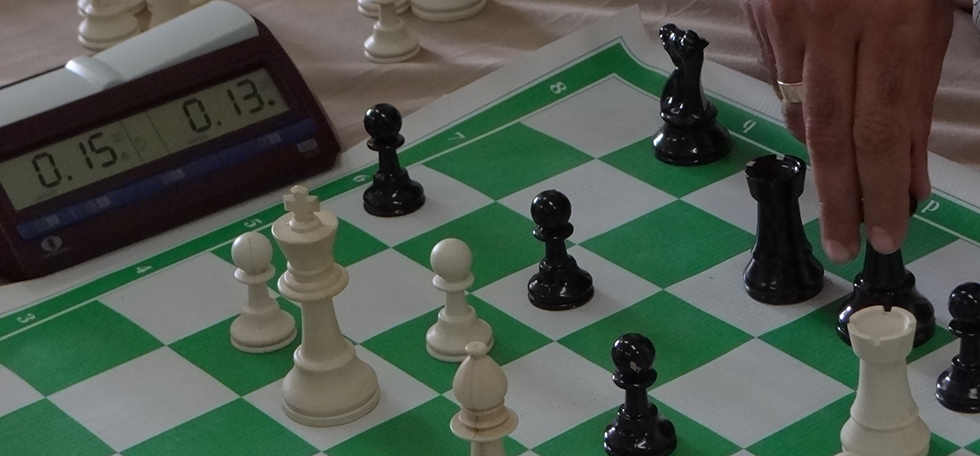
It's decided! In the next few days, I'll be playing in some in-person tournaments being held in my city, and I couldn't be more excited to share this. Finally, some motivation to get back on the field and train a little more.
These tournaments are always a measuring stick for us players, since our rating on online chess sites and beating them in those games is one thing, but actually having an opponent right in front of you and beating them is quite another.
A lot can happen on the board, but here's a bit of what I remember from that brief conversation I had with one of the best players in my city. It was a true delight.

- Play openings you know well.
The IM told me that in blitz, there's no time to improvise. If you want consistent results, use openings you've mastered by heart, even if they're not the most "modern" or popular. The important thing is that they give you familiar positions, where you don't have to spend minutes thinking about move 5.

- Think in schemes, not long variations
Instead of memorizing endless lines, focus on general plans and typical structures. For example, in the Sicilian Defense, you can remember that your knight usually goes to c6 and the bishop to e6, without needing to know twenty theoretical moves.
- Use your opponent's time
A key tip was to think during your opponent's turn. Even if you can't predict exactly what he'll play, you can calculate your possible responses. That way, when your turn comes, you'll already have a half-finished plan.
- Play it simple under pressure
In blitz, beauty takes a backseat. "When you're short on time, play solid, easy plays." Sometimes a practical move is better than searching for the "brilliant combination" and wasting 20 seconds.
- Endgame technique is decisive
Although it may seem like everything is decided in the opening, most blitz games end in rapid endgames. Practicing basic endgames (rook versus pawn, king and pawn versus king, etc.) gives you a huge advantage when both players are in a tight spot.